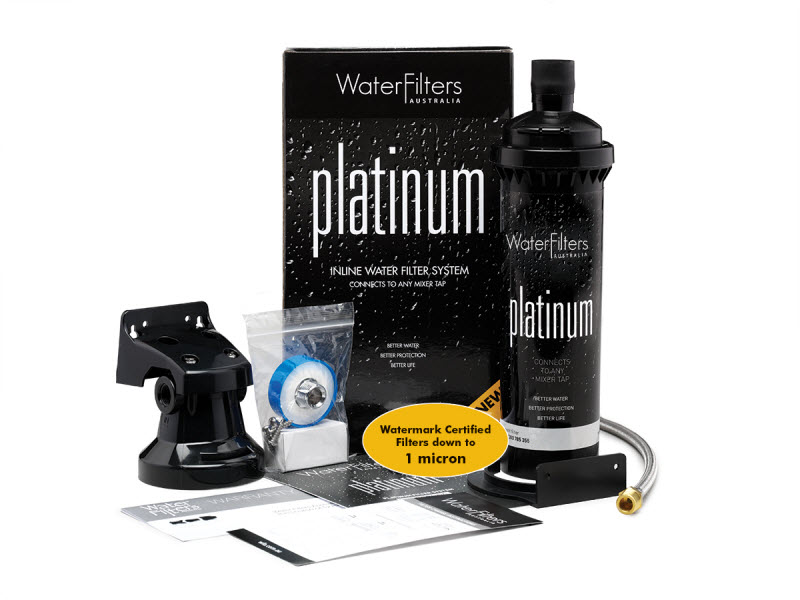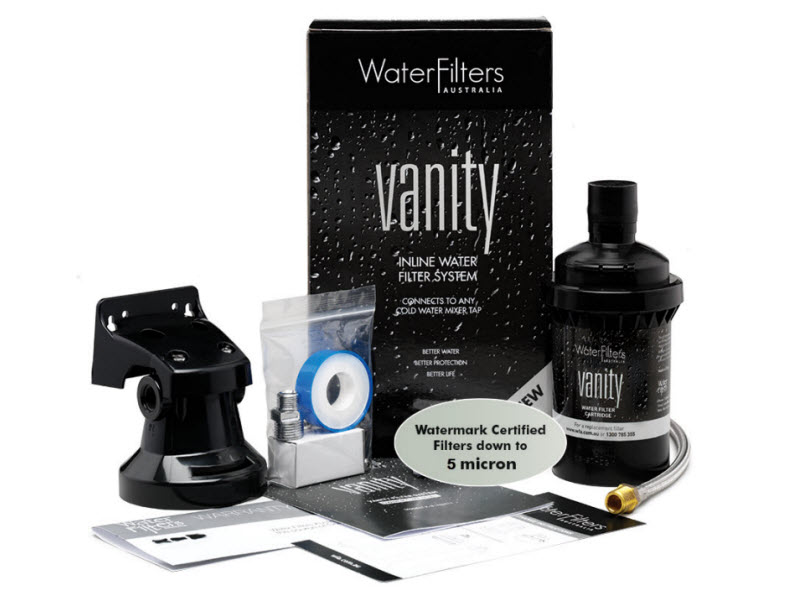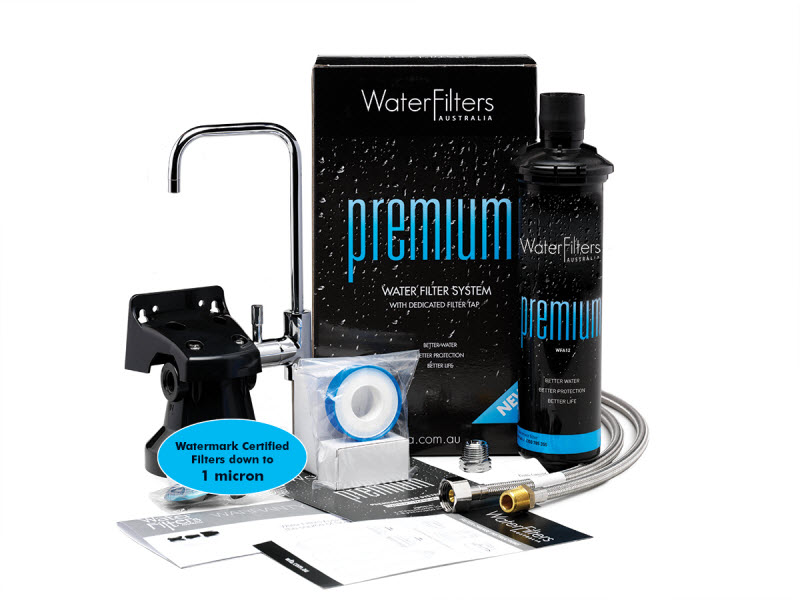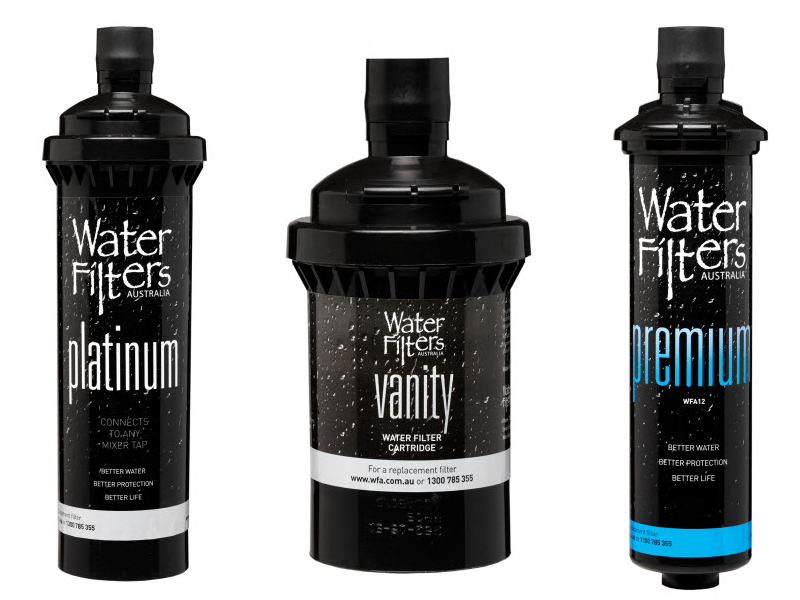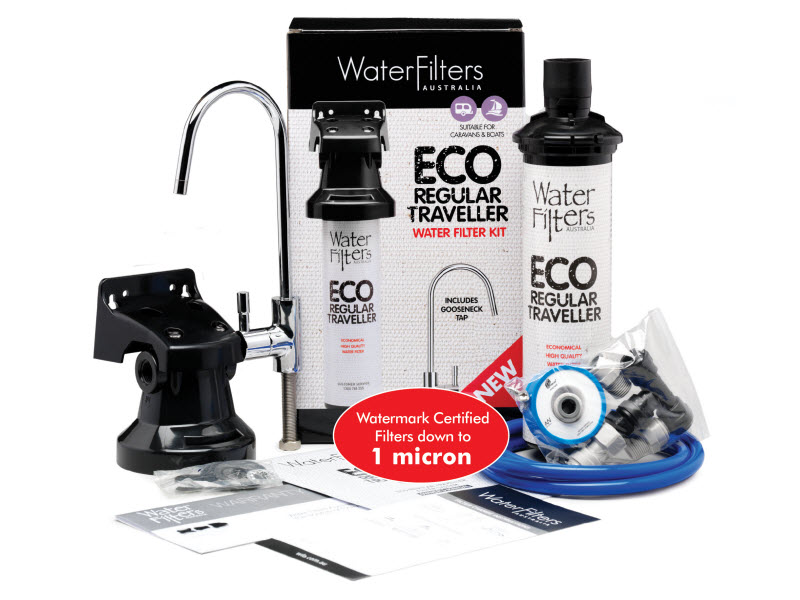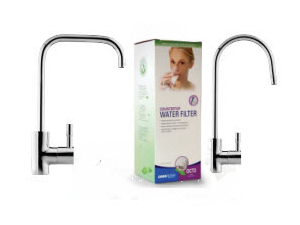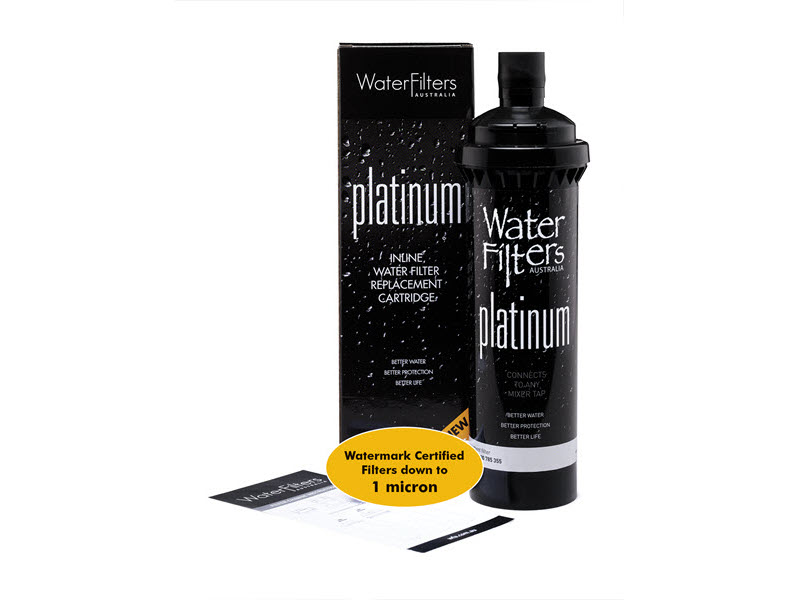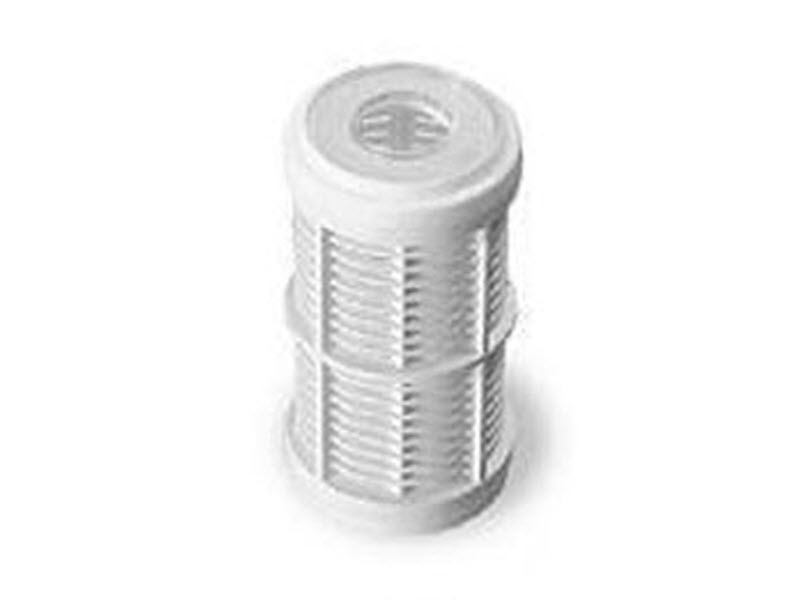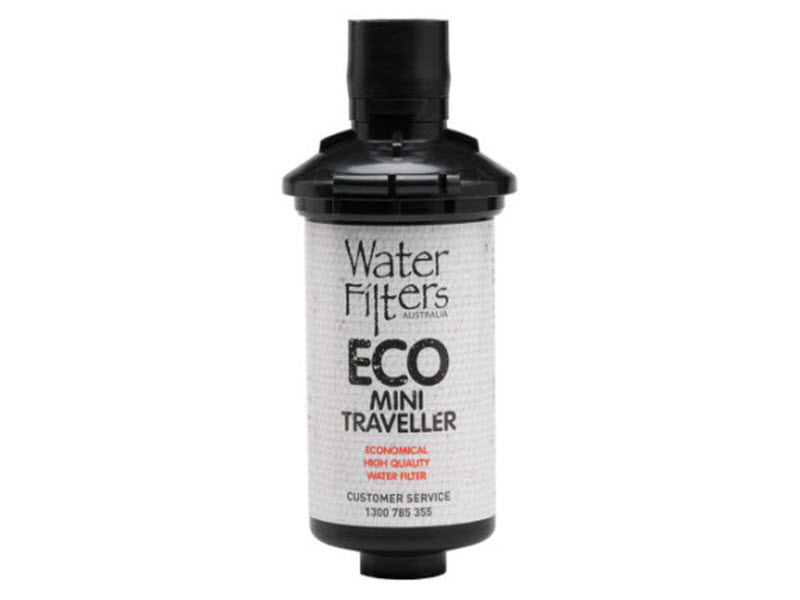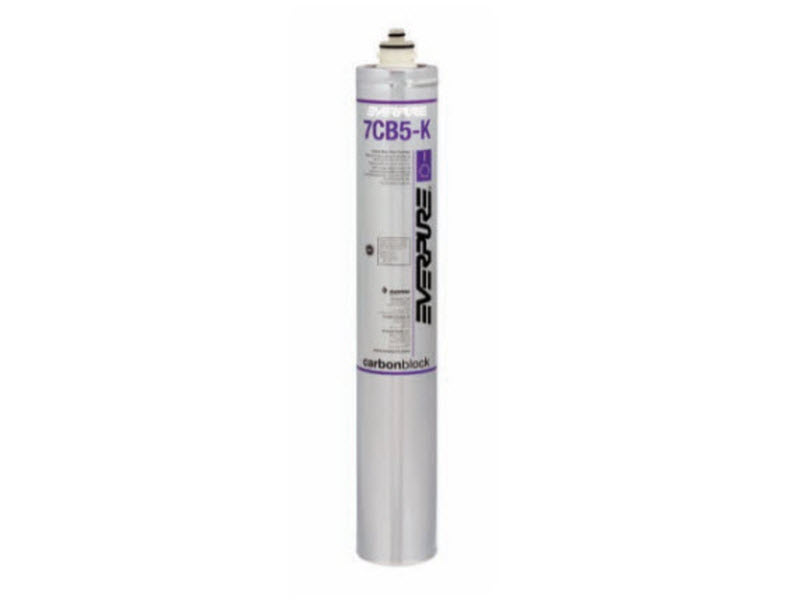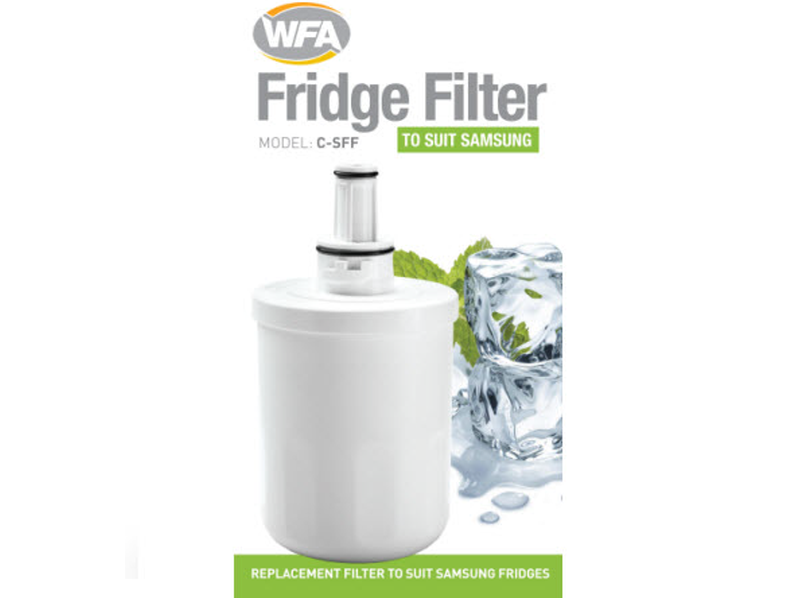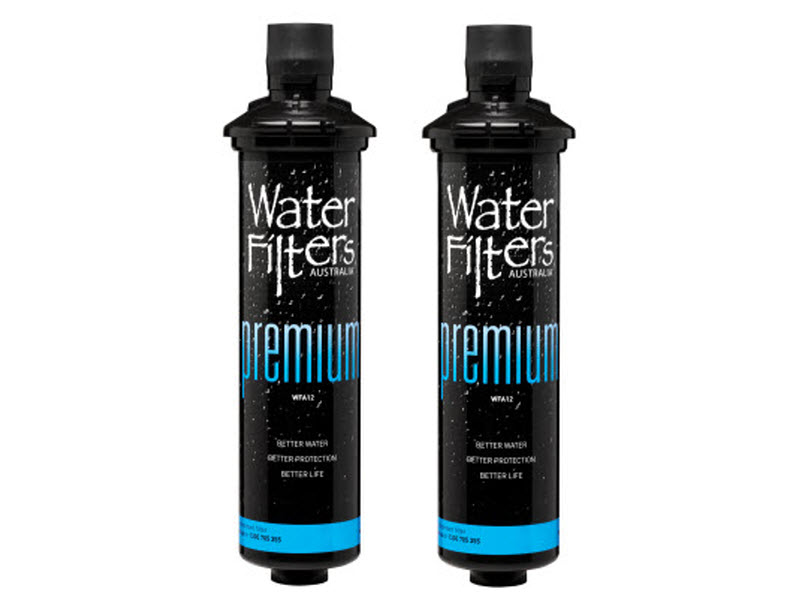What happens to your body during water intoxication?
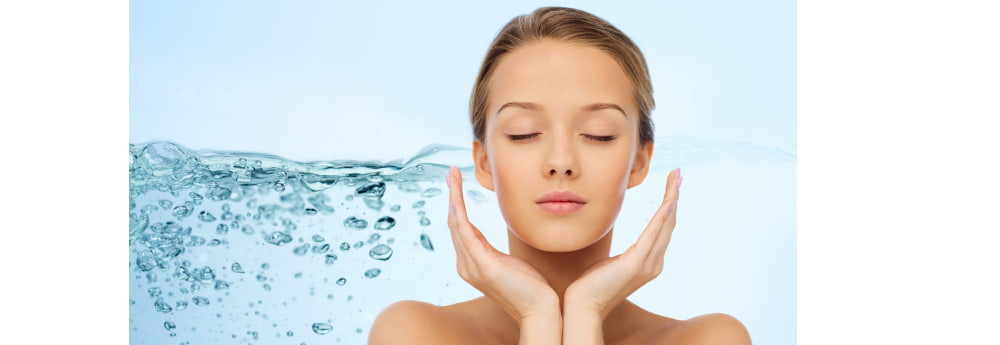
We all know how important it is to keep our bodies hydrated. Water makes up 50-80% of our body weight. Every cell, tissue and organ in our body relies on water to function. A recent blog discussed the importance of drinking enough water and even some great apps to track this. However, there is such a thing as drinking too much water…
Experts call this condition water intoxication.
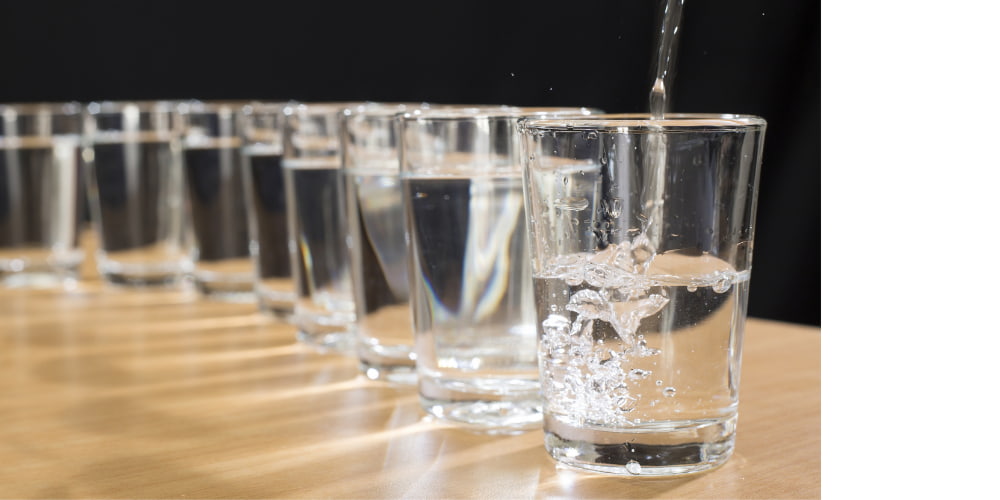
So how much is too much?
Most experts claim that the ideal amount of filtered water we should drink every day is eight glasses. Of course, the amount of water required differs between individuals.
It depends on such things as age, medical conditions and occupation. Athletes and those doing manual labour need extra water to maintain proper hydration.
You may already know the feeling of dehydration… dry mouth, headaches, foggy head and feeling dizzy. These are good signs that you need to pick up that drink bottle.
Our two kidneys are the organs that extract fluids and waste products from our body. On average, our kidneys can filter and process 200 litres of fluid every 24 hours. Drinking more fluid than the kidneys can process may lead to water intoxication.
The signs of water intoxication
Drinking too much water increases the amount of water in the blood. This water can dilute the electrolytes in your blood, especially sodium. When sodium levels drop, fluid shifts from outside to inside the cells, causing them to swell. If this happens in the brain, it can be life threatening.
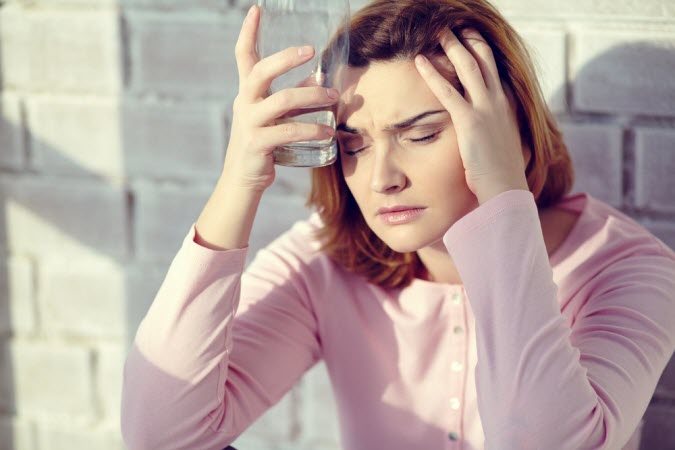
Here are some signs that you have consumed too much water:
- Headache
- Nausea
- Vomiting
Severe cases can produce symptoms such as:
- Increased blood pressure
- Confusion
- Double vision
- Drowsiness
- Difficulty breathing
- Muscle weakness and cramping
- Inability to identify sensory information
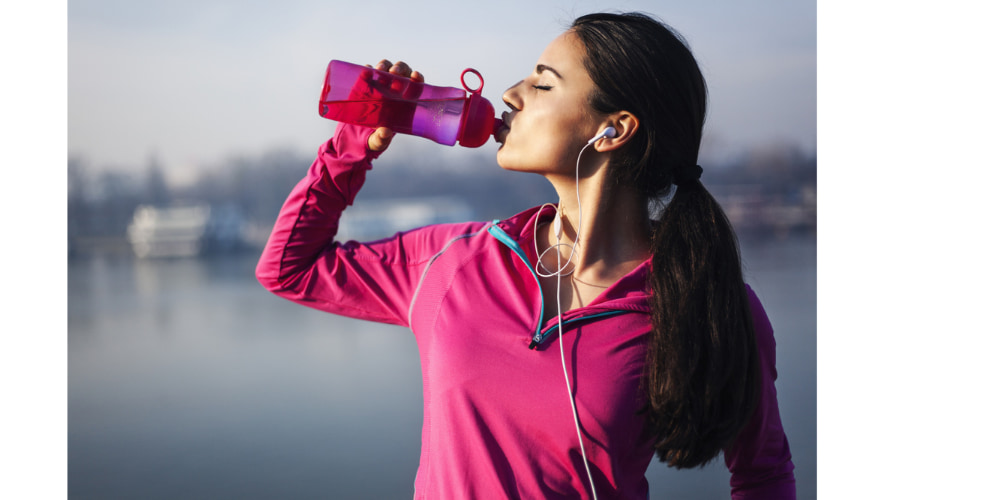
Who is at risk?
Anyone can suffer from water intoxication. However, it is more common amongst some people than others. Those most at risk include endurance athletes, cyclists, hikers, triathletes, rugby players and military personnel.
Water fasting is a type of diet that restricts everything you consume except water. It has become more popular in recent years as a quick way to lose weight.
Even though you are drinking only water, it can actually cause dehydration, not water intoxication. In severe cases it causes a condition called orthostatic hypotension.
The best way to track if you are drinking the right amount of water every day is through an app on your phone. Our recent blog reviewed the best four apps to track your water consumption.
Installing a home water filter system ensures you always have healthy, good quality water on tap for all the family.
Read more on the health benefits of filtered water
Buy Water Filter Systems
& Water Filters Online
News & Articles
Understanding Water Filter Micron Ratings: What Level of Filtration Do You Need?
Inline Filters vs. Countertop Filters: What’s Best for Your Home?
Sometimes the best upgrades are the ones you stop noticing, because they just work. If you’re choosing between an inline filter and a countertop system, the “right” option comes down to your kitchen, your routine, and how you like to drink water. Here’s a simple guide to help you pick the best fit for your home.
Hydrating smoothie recipes featuring filtered water
Sometimes the simplest pleasures also deliver a generous health boost. Smoothies are among them. While you can enjoy one any time of year, they are especially good in the warmer months when your body craves something light, hydrating and full of nutrients. Even better? Make them with filtered water to keep the flavour clean and the ingredients balanced.



